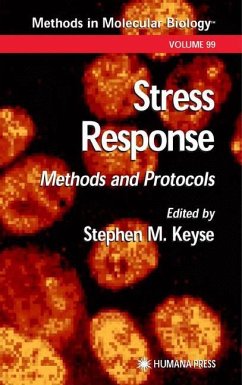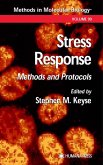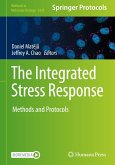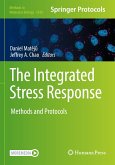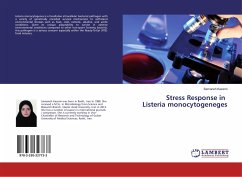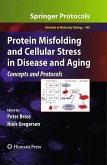Mammalian cells have evolved a complex multicomponent machinery that enables them to sense and respond to a wide variety of potentially toxic agents present in their environment. These stress responses are often associated with an increased cellular capacity to tolerate normally lethal levels of an insult. The realization that the mammalian stress response may be intimately linked with many human diseases, including rheumatoid arthritis, ischemia, fever, infection, and cancer, has led to an explosion of interest in this research area. Stress Response: Methods and Protocols brings together a diverse array of practical methodologies that may be employed to address various aspects of the response of mammalian cells to environmental stress. The p- tocols are carefully described by authors who have both devised and succe- fully employed them, and they represent a mixture not only of well-established techniques, but also new technologies at the leading edge of research. The areas covered include the detection and assay of stress-induced damage, the acti- tion of signal transduction pathways, stress-inducible gene expression, and stress protein function. Although no volume of this size can be comprehensive and the topics covered reflect a personal choice, it is hoped that it will prove of subst- tial interest and use to a wide range of research workers in the field.
Hinweis: Dieser Artikel kann nur an eine deutsche Lieferadresse ausgeliefert werden.
Hinweis: Dieser Artikel kann nur an eine deutsche Lieferadresse ausgeliefert werden.

